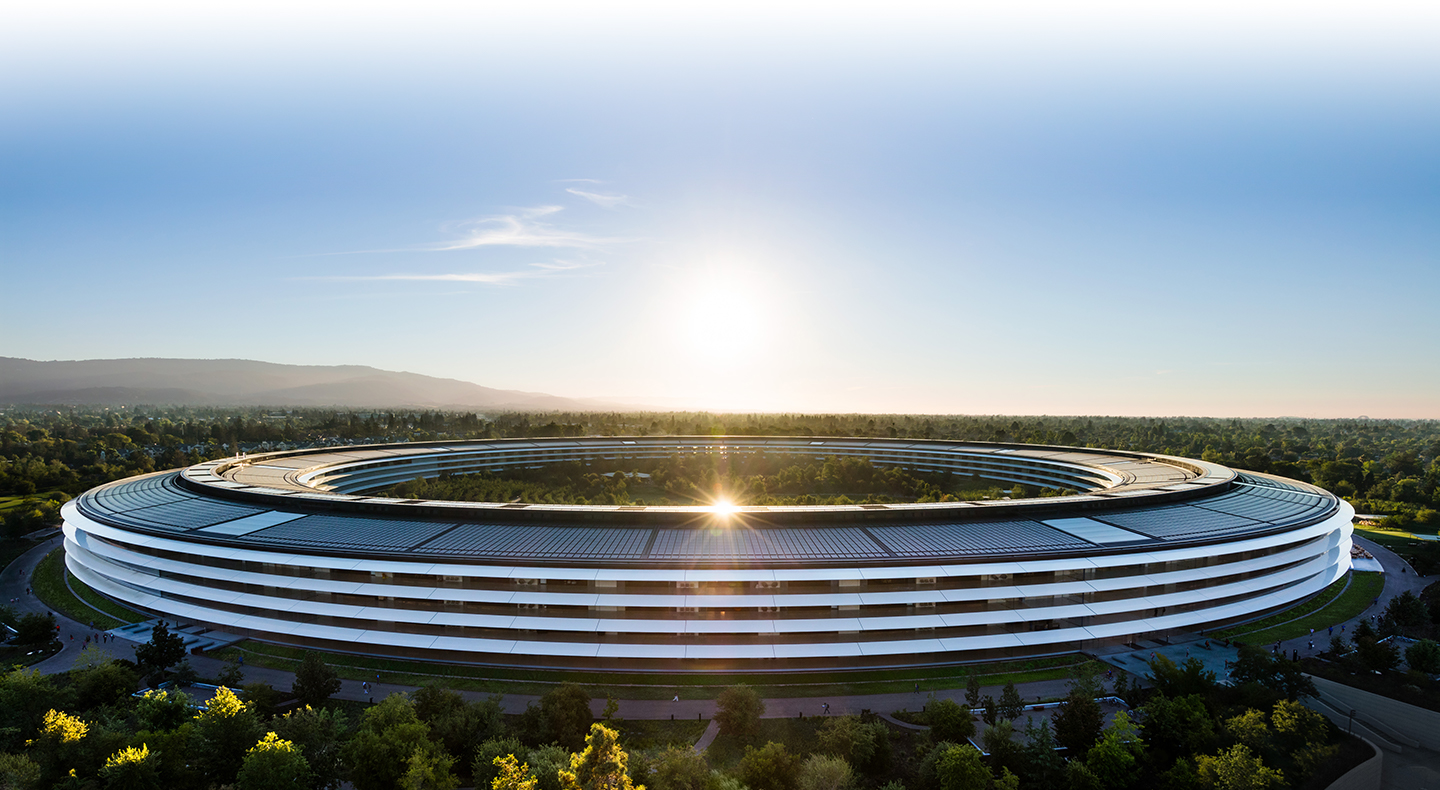Apple today announced that it has cut its greenhouse gas emissions by more than half since 2015, advancing towards its 2030 carbon neutrality goal.

Apple's latest Environmental Progress Report details the company's efforts and innovations in clean energy, efficient recycling practices, and sustainable material usage that have contributed to this substantial decrease in emissions. According to the report, the major reduction has been driven by extensive use of clean energy, including the integration of recycled materials across Apple's product lines and improvements in energy efficiency throughout its global supply chain.
Apple has fostered significant advances in recycling and material recovery as part of its broader environmental strategy for several years. The company has increased the use of recycled cobalt and lithium in its batteries, with last year's statistics showing that 56% of the cobalt and 24% of the lithium used were sourced from recycled materials. These efforts are part of a larger initiative to transition to 100% recycled and renewable materials across all products.
The report also highlights achievements in energy efficiency and renewable energy sourcing. Over 16.5 gigawatts of clean energy are now being produced as a result of Apple's Supplier Clean Energy Program, which supports projects around the world. The program has been essential in reducing the carbon footprint Apple and its suppliers, who collectively saved more than two billion kilowatt-hours of electricity last year. The company is also actively removing plastics from its packaging, shifting towards fiber-based alternatives.
Apple also provides financial support to various organizations and programs aimed at improving environmental conditions and promoting sustainability education. In the U.S., for example, Apple supports Justice Outside's Network for Network Leaders program, which focuses on outdoor and environmental education.
See Apple's full 2024 Environmental Progress Report for more information.
This article, "Apple Shares 2024 Environmental Progress Report Ahead of Earth Day" first appeared on MacRumors.com
Discuss this article in our forums
Source: TechRadar

Apple's latest Environmental Progress Report details the company's efforts and innovations in clean energy, efficient recycling practices, and sustainable material usage that have contributed to this substantial decrease in emissions. According to the report, the major reduction has been driven by extensive use of clean energy, including the integration of recycled materials across Apple's product lines and improvements in energy efficiency throughout its global supply chain.
Apple has fostered significant advances in recycling and material recovery as part of its broader environmental strategy for several years. The company has increased the use of recycled cobalt and lithium in its batteries, with last year's statistics showing that 56% of the cobalt and 24% of the lithium used were sourced from recycled materials. These efforts are part of a larger initiative to transition to 100% recycled and renewable materials across all products.
The report also highlights achievements in energy efficiency and renewable energy sourcing. Over 16.5 gigawatts of clean energy are now being produced as a result of Apple's Supplier Clean Energy Program, which supports projects around the world. The program has been essential in reducing the carbon footprint Apple and its suppliers, who collectively saved more than two billion kilowatt-hours of electricity last year. The company is also actively removing plastics from its packaging, shifting towards fiber-based alternatives.
Apple also provides financial support to various organizations and programs aimed at improving environmental conditions and promoting sustainability education. In the U.S., for example, Apple supports Justice Outside's Network for Network Leaders program, which focuses on outdoor and environmental education.
See Apple's full 2024 Environmental Progress Report for more information.
Tag: Apple Environment
This article, "Apple Shares 2024 Environmental Progress Report Ahead of Earth Day" first appeared on MacRumors.com
Discuss this article in our forums
Source: TechRadar